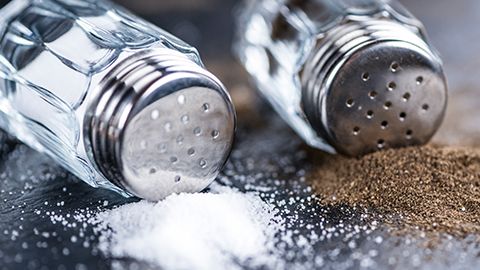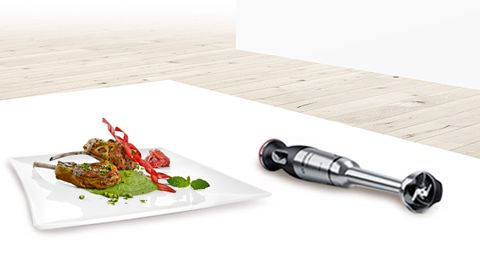Having a dishwasher at home is really helpful when things get a little busy after every meal. A dishwasher washes dishes and utensils both quickly and precisely, giving you the luxury of relaxing at home without having to worry about washing up after your meals.
Here are 8 tips to allow your handy helper to operate optimally at all times.
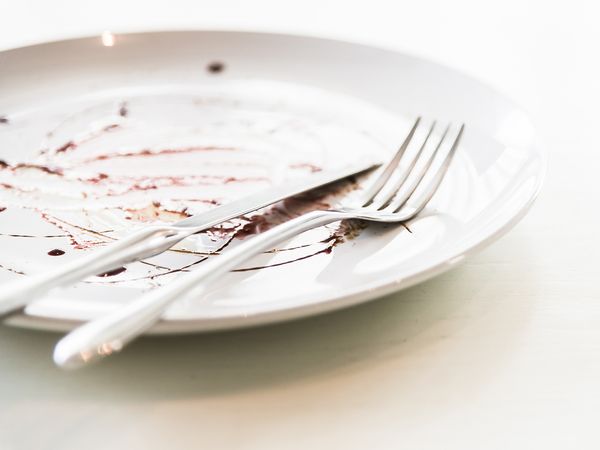
1. Remove all food scraps off your plate
Your dishwasher is programmed to clean your dishes well. However, large food particles can get stuck and clog the drain filter. For optimal washing results, ensure large food bits are scraped off with a spoon before loading your plates in the dishwasher.
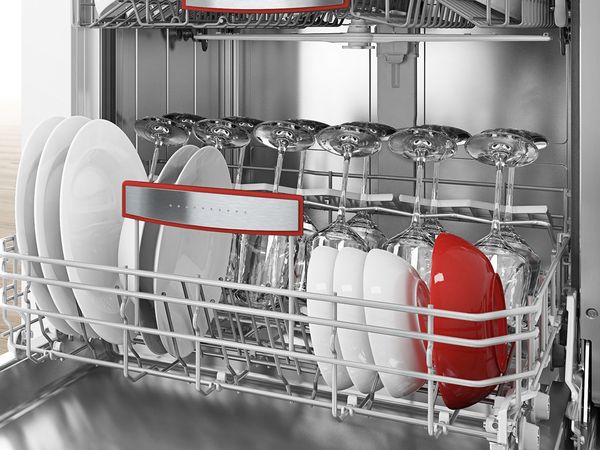
2. Load your dishes the right way
Crockery should always be placed upside down so that water slips off the surface for complete drying. Ensure that plates do not overlap and create blind spots where the jets of water are unable to reach. Last but not least, check that the spray arms can rotate freely without being obstructed by your dishes.
3. Eliminate residue build-up
Over time, grime can accumulate in your dishwasher’s filter as the latter’s job is to prevent large food particles from clogging up the dishwasher’s drain. If you use your dishwasher regularly, remove the filter once a month and wash thoroughly with soapy hot water to get rid of unwanted gunk.
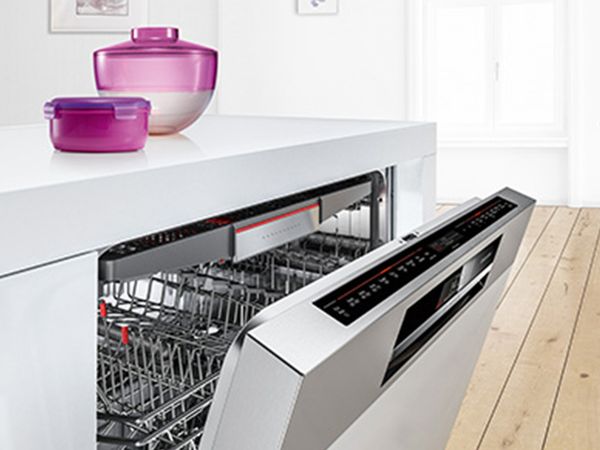
4. Choose the correct programmes and options
Just like washing machines, dishwashers have a variety of programmes and options suitable for different washing needs. Depending on how soiled your dishes are, you can configure your dishwasher to have a shorter running time, dry dishes better, and provide a perfect clean for infant milk bottles and utensils. Always check the manual for detailed instructions.

5. Freshen up your dishwasher
Dishwasher fresheners lend a clean and fresh aroma to your dishwashers and dishes. Simply clip it on the upper basket and run your dishwasher as usual to remove any funky smells.
6. Bring the heat up
One thing a dishwasher can do that manual washing cannot? The ability to shoot jets of hot water to clean your dishes hygienically. Water inside Bosch dishwashers can reach up to 72ºC for a sustained period to kill germs and bacteria effectively.
7. Neutralise the effects of hard water with dishwasher salt
Hard water has a richer mineral content than soft water and can be found in countries like India. Hard water not only causes white residue to be left behind on your dishes and silverware, but also results in mineral deposits on internal surfaces inside your dishwasher, which can lead to the rusting and eventual failure of various parts.
Dishwasher salt helps to soften hard water — simply refill the dispenser compartment when the salt indicator lights up.
8. Do not overdose on powder or liquid detergent
If you are not using a dishwasher detergent tablet, check the dishwasher manual for the recommended dosage of powder or liquid detergent. This ensures that the right amount is used for different cycles, for the best wash results.

